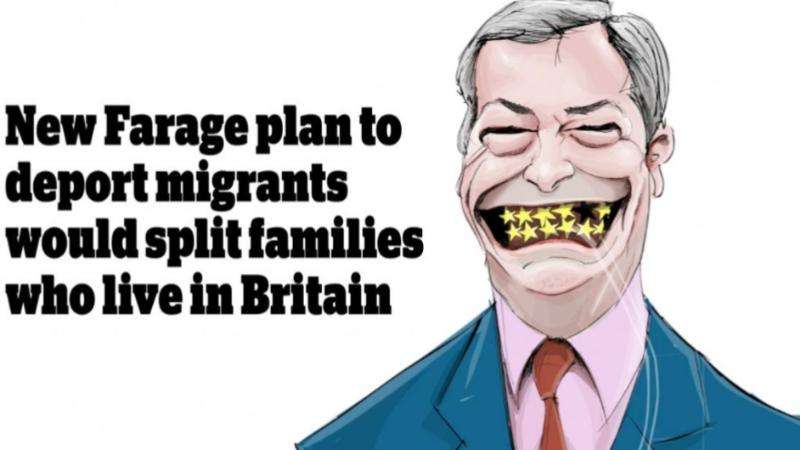Nigel Farage's plan to abolish Indefinite Leave to Remain (ILR) has sparked widespread outrage, with critics warning the policy could tear apart families who have built their lives in Britain. The Reform UK leader's proposal would see ILR rescinded for hundreds of thousands of people, forcing them to reapply for visas with new, stricter requirements, Daily Dazzling Dawn understands.
The Unprecedented Proposal-Farage claims the policy is aimed at curbing immigration and would save the UK taxpayer a substantial amount of money. However, these figures have been disputed by experts and think tanks. Under the proposed changes, individuals who have legally lived and worked in the UK for five years would no longer have a clear path to permanent residency. Instead, they would be subject to a system of five-year renewable visas, with heightened salary thresholds and more demanding English language requirements.
The policy is also said to apply retrospectively, meaning it could impact people who are already on the path to settlement, including those who came to the UK under special resettlement routes, such as Ukrainians and Hongkongers. This would create immense uncertainty and could lead to mass deportations, even for those who have lived in the UK for decades.
A Human Rights Crisis?
Critics from across the political spectrum and human rights groups have condemned the proposal as unworkable, unprecedented, and morally wrong. The Royal College of Nursing has warned that thousands of migrant nurses could lose their jobs, crippling an already strained healthcare system. Legal experts suggest that the retrospective removal of rights could be subject to legal challenges, as it disregards the family and private lives people have established in the UK. Many argue that the plan is a direct violation of human rights, particularly Article 8 of the European Convention on Human Rights, which protects the right to respect for private and family life. By potentially separating families, the policy would create a crisis of belonging and undermine the very foundation of community.
Farage's proposal has sent shockwaves through Britain's South Asian communities, particularly the British-Bangladeshi community, many of whom have deep, multi-generational roots in the UK. Many families fear the new rules would undo decades of progress and stability. These communities, often established through family and community sponsorships in areas like London's Tower Hamlets, have built lives and contributed significantly to the British economy and society. The plan to retrospectively apply new, stricter requirements feels like a betrayal to many who have followed the rules, paid their taxes, and now face an uncertain future, potentially shattering family units that are at the heart of their culture.








.svg)



_7.jpg)